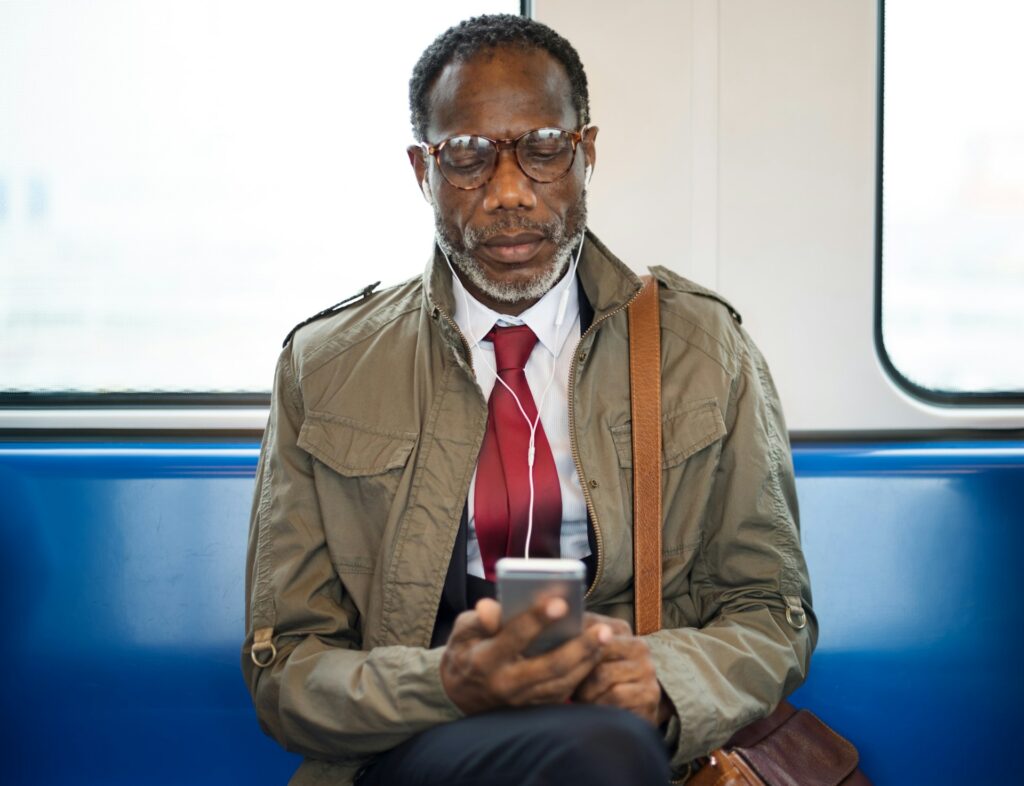Loneliness isn’t just feeling a bit down—it’s becoming a widespread issue, especially in the UK.

More people than ever report feeling disconnected and isolated, and it’s not just older generations dealing with this problem. The rise in loneliness — which according to the Campaign to End Loneliness effects more than 3.7 million people in the UK — has serious impacts on both mental and physical health in ways that are seriously concerning. Here are 12 reasons why loneliness has reached epidemic levels here, and how it’s playing out in everyday life.
Technology has made it easier to disconnect from real life.

While technology keeps us connected in some ways, it’s also made it easy to isolate ourselves. Social media and messaging apps can create the illusion of connection without any real depth. People are spending more time online, often scrolling through the highlights of other people’s lives while feeling more alone in their own. The rise of digital communication has replaced face-to-face interactions, leaving many feeling emotionally disconnected despite constant online activity.
More people are living alone than ever before.

The number of single-person households in the UK has skyrocketed, with more people living alone by choice or circumstance. While independence can be empowering, it also means that many go long stretches without meaningful social contact. Living alone makes it easy to retreat into isolation, especially when it becomes a habit. With fewer daily interactions, even casual conversations can become rare, leading to a deeper sense of loneliness.
The gig economy and remote work are cutting off social interactions.

Traditional workplaces used to provide regular social interaction, but that’s changing. With the rise of gig work and remote jobs, more people are working alone or with little contact with colleagues. What used to be water cooler chats or team lunches have been replaced by solo workdays at home or in cafés. While remote work offers flexibility, it can also make you feel cut off from the social dynamics of an office.
People are delaying or avoiding relationships and family life.

More people are choosing to stay single or delay starting families, and while that’s empowering for many, it’s also contributing to loneliness. Without a built-in social unit, it’s easy to feel isolated, especially if friends are moving on with their own families. The absence of consistent companionship that comes with a partner or children can make loneliness more prevalent in those making different life choices.
Friendships are becoming more surface-level.

With everyone leading busy lives, friendships have taken a hit. People are keeping in touch more casually, but those deep, meaningful connections are becoming harder to maintain. It’s easy to feel surrounded by acquaintances, but still lonely because you don’t have anyone to really open up to. When friendships become more about convenience than connection, loneliness starts to creep in, even if you’re surrounded by people.
Communities are becoming less close-knit.

There was a time when neighbours knew each other well, and communities felt like extended families. That’s changed. In many parts of the UK, people don’t know their neighbours, and local communities have become more fragmented. The sense of belonging that comes from being part of a close-knit community is fading, and with it, the opportunities for spontaneous social interactions that used to keep loneliness at bay.
Social anxiety and mental health issues are on the rise.

More people are struggling with social anxiety and other mental health challenges, which can make it harder to reach out and form connections. When you’re anxious about social situations, loneliness can feel safer than putting yourself out there. This cycle of avoiding people out of fear or discomfort only makes the loneliness worse, feeding into a larger mental health crisis that’s contributing to the epidemic.
There’s a stigma around admitting you’re lonely.

In a culture that values independence and self-sufficiency, admitting you’re lonely can feel like a weakness. People hesitate to talk about their feelings of isolation, worrying it makes them look needy or socially inept. This stigma leads to silence, making loneliness harder to address because those who feel it most aren’t reaching out for support. The more people hide their loneliness, the more isolated they become.
Social spaces are becoming less accessible.

Many public spaces where people used to naturally gather are closing or becoming inaccessible. Libraries, community centres, and even pubs are disappearing or facing restrictions that limit spontaneous interactions. As these spaces vanish, so do the opportunities to meet and connect with other people. With fewer accessible places to gather, people are finding it harder to engage socially, contributing to the epidemic of loneliness.
Family structures are changing and becoming more fragmented.

Traditional family structures are shifting, with more divorces, separations, and blended families. While these changes can be positive, they often come with a loss of stability and long-term social support. People who once relied on family ties for connection are finding themselves without that consistent base, leading to feelings of loneliness even in family settings. Fragmented family relationships can mean fewer meaningful connections in daily life.
People are busier, but not necessarily more fulfilled.

It’s easy to confuse being busy with being socially connected, but they’re not the same thing. Many people fill their time with work, errands, and obligations, leaving little room for genuine social interaction. The constant hustle can make you feel like you’re never alone, but still deeply lonely because the interactions are superficial and driven by necessity, not connection. Busyness can actually mask loneliness, making it harder to recognise.
The population is ageing, and older people are often left isolated.

As the UK population ages, more elderly people are living alone or becoming isolated due to mobility issues, the death of loved ones, or simply being out of touch with younger generations. Older people often feel forgotten or left behind, especially if their social circle has dwindled over time. This growing demographic is particularly vulnerable to loneliness, as they’re less likely to have access to the technology that helps younger people stay connected.


